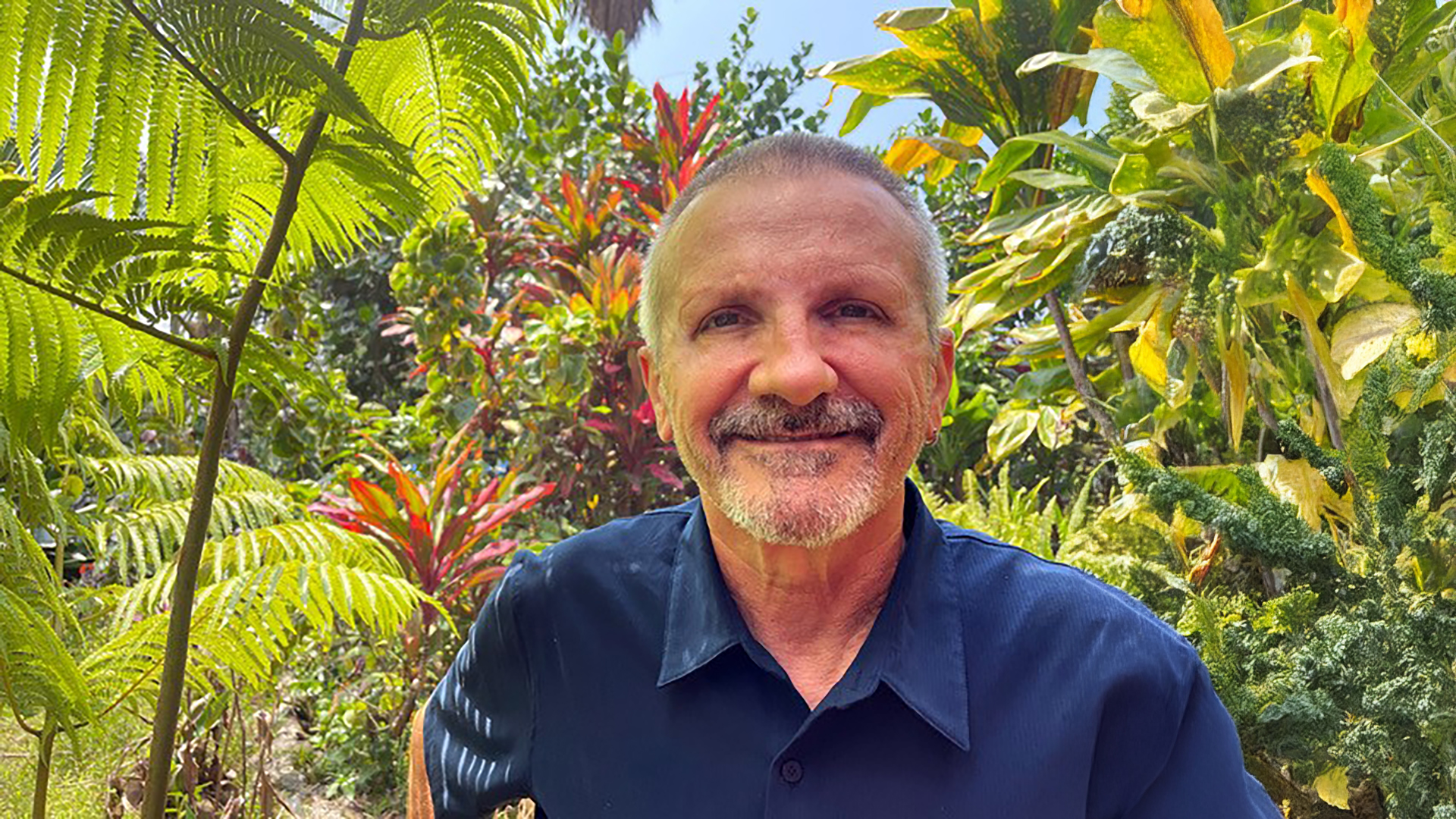by Donica Harper, MA
Doctoral Student, Fielding Graduate University
Being black in America is an everyday struggle. Now, take a moment and imagine what it is like to be a woman, man, or individual who also identifies within the rainbow spectrum or any other culturally diverse groups that transcend heteronormative standards of society. As recently defined by Black Feminist Kimberle Crenshaw, intersectionality has been redefined over the past 30 years and now is “a lens, a prism, for seeing the way in which various forms of inequality often operate together and exacerbate each other… What is often missing is how some people are subject to all of these, and the experience is not just the sum of its parts (Steinmetz, 2020).” In order to truly understand the experience of individuals and psychotherapy clients, we have to understand how nature and nurture have shaped, defined, and manufactured their narratives.
From the idea of intersectionality, there was the creation of double jeopardy by Black feminist Frances Beal in 1969. This concept examined how race and gender could not and should not be separated and how for every BIPOC Individual’s intersectional identities compounded on top of one another, making a substantial difference in their experience of discrimination (Nash, 2019; Balsam,2011). Over the past several years, there has been a considerable movement around Black Lives Matter. Within that movement, there was an additional need to communicate that Black trans lives matter, Black lesbian lives matter, and even more, resounding ALL BIPOC Lives Matter. When we approach events as big as Pride and Juneteenth in the same month, this resounding desire is to experience community, wholeness, and respect.
However, even in the greatness of these minority communities, there is hatred. Ill will and malice are displayed within and outside of the community. Individuals in the LGBTQIA+ community, especially youth, have the highest rate of suicidal ideations, attempts, and completions due to the continuous debate on whether or not their values and lives matter (Paley, 2020). The Trevor Project reports that over 60% of BIPOC LBGTQIA+ youth experience discrimination. Additionally, 13% of LGBTQIA+ youth experienced conversion therapy which, if you were unaware, is still legal in over 20 states (Paley, 2020).
In 2018, American Psychological Association reported that 86% of psychologists in the workforce are Caucasian while the other 14% identify within BIPOC communities (Lin et al., 2018). This disproportionate representation contributes to the significant gap in related lived experiences and understanding by BIPOC individuals. As a result, BIPOC healthcare providers are in even higher demand increases the need for active recruitment and retention of BIPOC graduate students.
During this month, we must support, love, promote, and advocate for BIPOC LGBTQIA+/ LBTQ-POC voices to be heard! This community has always been seen on the front line for numerous causes while enduring some of the most heinous injustices. An estimated 94% of LGBTQIA+ individuals report that current policies and laws impact their mental health, which was further intensified by the pandemic (Paley, 2020).
People are excited that the United States government has finally decided to respect BIPOC LGBTQ individuals and Black people in general (creating a federal holiday on Juneteenth). There is still so much work to do. Currently, states pass laws that have banned the conversation around diversity and actively work to prevent challenging yet informative dialogue. Even with that erasure from history, BIPOC LGBTQ individuals can still be found on the frontlines (particularly black womxn) fighting for the intersectionality of gender/sex, class, socioeconomic status, and sexual orientation. These discussions and lessons are needed to affirm the authenticity of cultural differences and breed love and respect.
Therefore, it is our continued goal as professionals, especially clinical professionals, to begin to create the spaces that our clients require and that further support changing the tone and the narrative around the negative impacts society has had on all of our mental health, our authentic identities, and our sense of community.
References:
Balsam, K. F., Molina, Y., Beadnell, B., Simoni, J., & Walters, K. (2011). Measuring multiple minority stress: The LGBT People of Color Microaggressions Scale. Cultural Diversity and Ethnic Minority Psychology, 17(2), 163–174. https://doi.org/10.1037/a0023244.
LGBTQI. NAMI. (n.d.). https://www.nami.org/Your-Journey/Identity-and-Cultural-Dimensions/LGBTQI.
Lin, L., Stramm, K., & Christidis, P. (2018, February). How diverse is the psychology workforce? Monitor on Psychology. https://www.apa.org/monitor/2018/02/datapoint.
Nash, J. C. (2019). Black feminism reimagined: after intersectionality. Duke University Press.
Paley, A. (2020). The Trevor Project National Survey. The Trevor Project – Saving Young LGBTQ Lives. https://www.thetrevorproject.org/survey-2021/?section=Introduction.
Steinmetz, K. (2020, February 20). Kimberlé Crenshaw on What Intersectionality Means Today. Time. https://time.com/5786710/kimberle-crenshaw-intersectionality/.
About the Author
Donica Harper is a first-generation Bajan-American second-year doctoral student at Fielding Graduate University. She graduated from Winston-Salem State University with a dual bachelor’s degree in Biology and Psychology in 2013. She obtained her M.A. in Military Psychology from Adler University and her Certificate of Professional Counseling Studies from the University of Baltimore. Her clinical niches are interpersonal trauma in children/teenagers, couples, the LGBTQ+ community, and military/first responders. She is also passionate about racial and sexual identity disparities in the mental health field. Her career goals are to become a psychologist, author, and professor at a local HBCU.
Donica is currently the Vice President of the Black Student Association, Division 32 Student Ambassador for Fielding, and the Student Delegate for the Retention, Recruitment, and Diversity Committee for Student Governance. She is also a member of the Association for Black Psychologists, Association of Size Diversity and Health, and the American Psychological Association.
Join Over 7,500 Fielding Alumni Located Around The World!
Change the world. Start with yours.™






Get Social